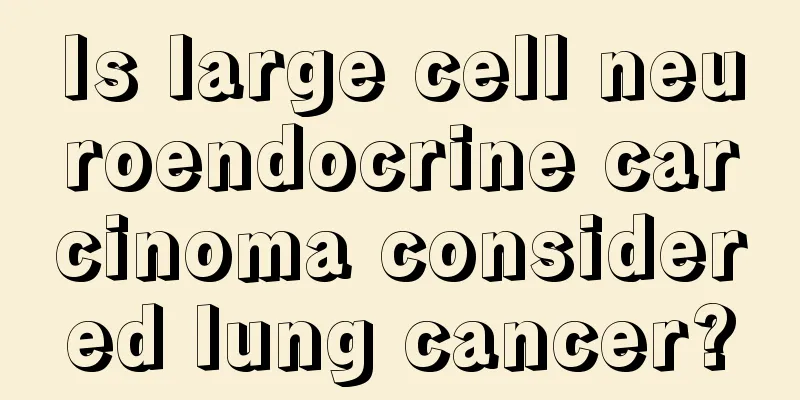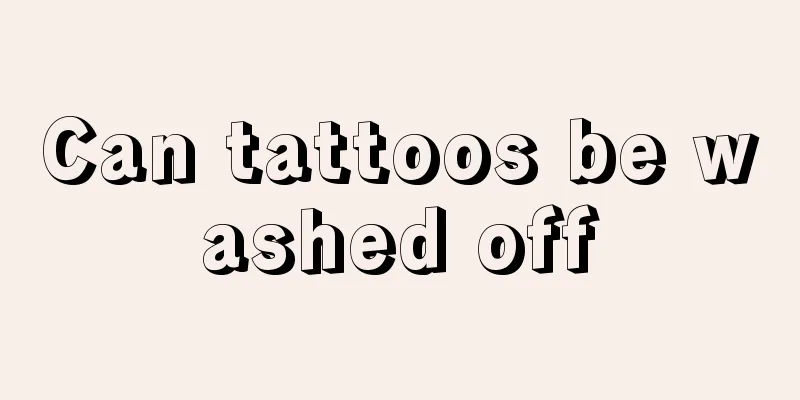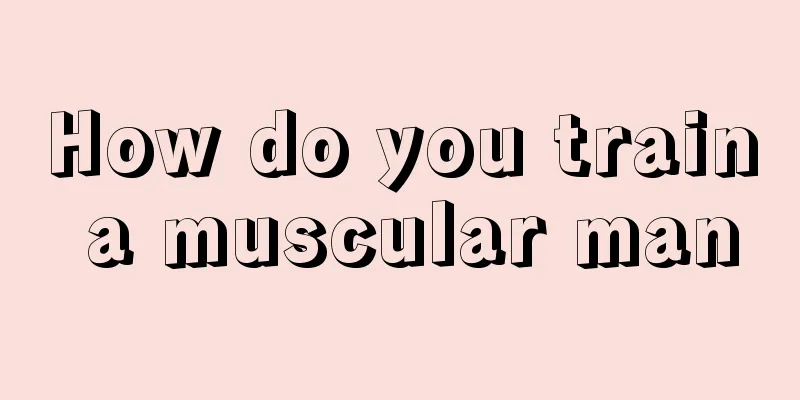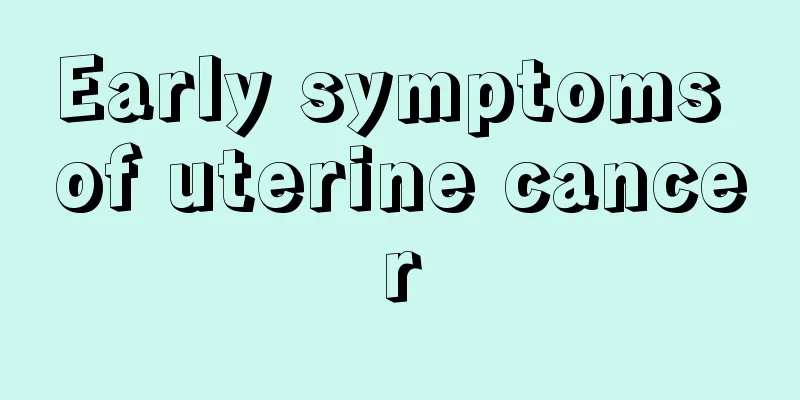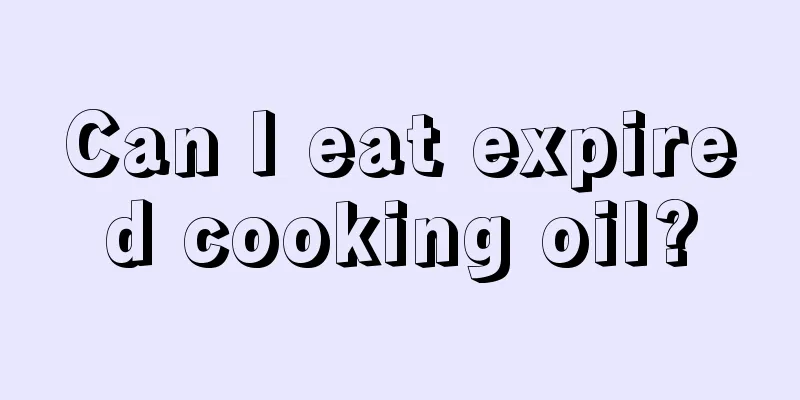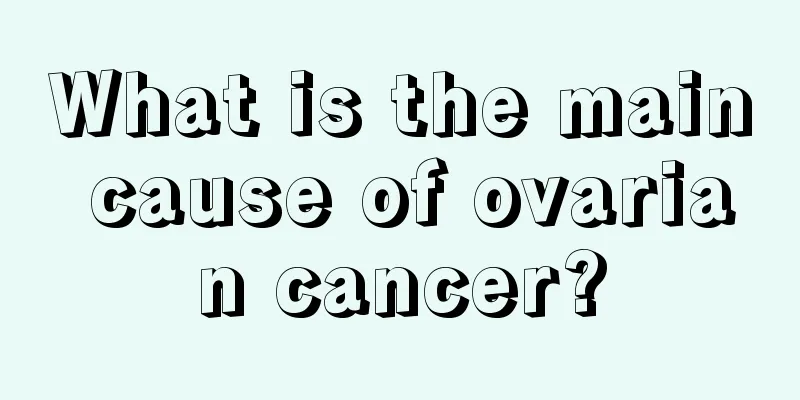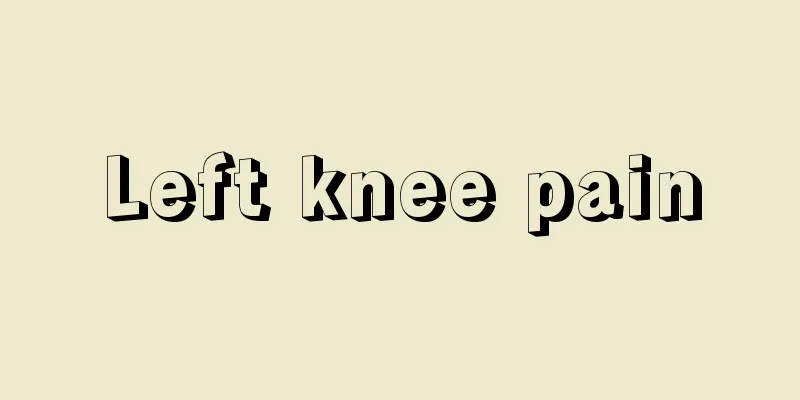The harm of smoking a cigarette after a meal

|
Although smoking is not good for the body, many people have been smoking for many years and cannot quit it overnight. Some people even say that smoking a cigarette after a meal is better than being a living god. This is just a catchy saying. It is not only useless but also very harmful. The harm of smoking a cigarette after a meal is more serious than smoking at other times. Nicotine will enter the human body through gastrointestinal motility, and the lungs will more easily absorb the toxic gases in the smoke, making the internal organs more vulnerable to damage. Seven taboos after meals 1. Smoke a cigarette after a meal Studies have shown that smoking one cigarette after a meal is more harmful than smoking ten cigarettes at other times. Because after eating, the gastrointestinal motility of the human body becomes frequent, blood circulation accelerates, and the biological respiration of tissue cells is enhanced. When smoking at this time, the lungs and other tissues absorb smoke more efficiently, and the absorption of harmful substances such as nicotine and alkali also increases. In addition to causing direct irritation to the respiratory tract and lungs, it will also cause greater damage to other tissues and organs. 2. Drink tea immediately after eating Many people have the habit of drinking a cup of hot tea after a meal. Little do people know that drinking tea immediately after a meal will not only dilute the gastric juice, but the tea alkali will also inhibit the secretion of gastric acid and affect the normal digestion of food. Moreover, the large amount of tannic acid (tannic acid) in tea can react with protein, iron and other nutrients in food to form indigestible coagulants, which greatly increases the burden on the stomach and causes the loss of nutrients. Generally speaking, it is best to drink tea one hour after a meal when the food in the stomach is properly digested, and it should be light tea, warm, and in moderation. 3. Convenient after meals Going to the toilet right after a meal will cause the stomach to be full of undigested food and the intra-abdominal pressure will suddenly increase due to holding your breath. Gastric acid and digestive enzymes may reflux into the esophagus, which may cause reflux esophageal ulcers over time. Having a bowel movement immediately after a meal can also lead to pyloric smooth muscle dysfunction, bile reflux, and cause congestion, edema, and even inflammation of the gastric mucosa. Therefore, it is recommended to have a bowel movement on an empty stomach after getting up in the morning. 4. Drink cold drinks after meals Drinking cold drinks after a meal will not only dilute the stomach acid, but also cause the blood vessels in the stomach wall mucosa to constrict, inhibit the secretion of the digestive glands, lead to weakened gastric activity, and easily cause indigestion symptoms such as loss of appetite and bloating. Eating cold food after a meal is the biggest enemy of the heart. Usually, drinking some cold boiled water at the right time is the first choice. After sweating a lot, it is best to drink some light salt water to replenish the sodium and water lost in the body in time. 5. Go to bed immediately after eating Going to bed immediately after a meal will slow down the motility of the gastrointestinal tract, reduce the secretion of digestive juice, and prevent food from being fully digested and absorbed. Over time, this can cause nutritional deficiencies. At the same time, the pressure in the stomach increases after a full meal. If you lie down immediately, it may cause gastroesophageal reflux and symptoms such as vomiting. Doing this frequently may also cause reflux esophagitis. After a meal, you should sit quietly for a while (at least 30 minutes) and wait until the food in your stomach is digested and emptied before lying down to rest. 6. Take a shower immediately after meals When taking a bath, under the stimulation of warm water, the blood vessels in the limbs and skin of the whole body expand, causing blood to pool on the surface of the body. The gastrointestinal blood flow will decrease accordingly, and the secretion of digestive juice will decrease. If you often take a bath after meals, it may cause indigestion over time. In addition, taking a bath immediately after a meal can lead to insufficient blood supply to the heart and induce cardiovascular and cerebrovascular diseases. It is more appropriate to take a bath 1 to 2 hours after a meal. At this time, the body has more energy, which can reduce or avoid accidents such as collapse in the elderly and weak when taking a hot bath. 7. Sing after dinner Singing at this time will cause the diaphragm to move downward and increase the abdominal pressure, which may cause indigestion at the mildest and gastrointestinal discomfort and other symptoms at the worst. In addition, if you drink alcohol while eating, your larynx and vocal cords will naturally become congested. Singing loudly at this time will aggravate the congestion and edema of the larynx and vocal cords, and can easily cause acute vocal cord and pharyngitis, and symptoms such as hoarseness and sore throat. It is recommended to sing loudly one hour after a meal. Especially after drinking, you should control your pronunciation appropriately and avoid shouting excessively due to alcohol. |
>>: What are the dangers of drinking tea after meals
Recommend
What are the methods of compulsory abstinence from alcohol
Quitting smoking and drinking is something that m...
What are the taboos of fumigation and moxibustion?
Moxibustion is very popular among people in real ...
How to wash off the juice from pomegranate peel
Pomegranate is a fruit that everyone is very fami...
What to do if you eat too much at night
Before going to bed at night, you must eat less f...
How to quickly treat hamartoma
Although hamartoma is not a malignant tumor, it i...
What is the level of rectal cancer stage 2?
What is the level of rectal cancer stage 2? 1. Re...
Heart beats too fast while running
When running, the body's demand for oxygen wi...
Can I do push-ups if I have a herniated disc?
Recently, many people have suffered from lumbar d...
Early symptoms and precursors of lung cancer
The early symptoms and precursors of lung cancer ...
How to nourish the lungs in autumn? 17 secret recipes to protect lung health
With the arrival of the Beginning of Autumn, we b...
What are the specific hazards of bile duct cancer
Biliary duct cancer is known as the "king of...
The pillow is soaked from sweating while sleeping
Some people find that their pillows are wet when ...
How does berberine treat gastritis?
Modern medicine has invented countless drugs to t...
What are the most common diseases in spring
Spring is warm and dry, and all things grow. At t...
How long can you live with grade 3 kidney cancer
Survival period cannot be generalized. It is reco...
